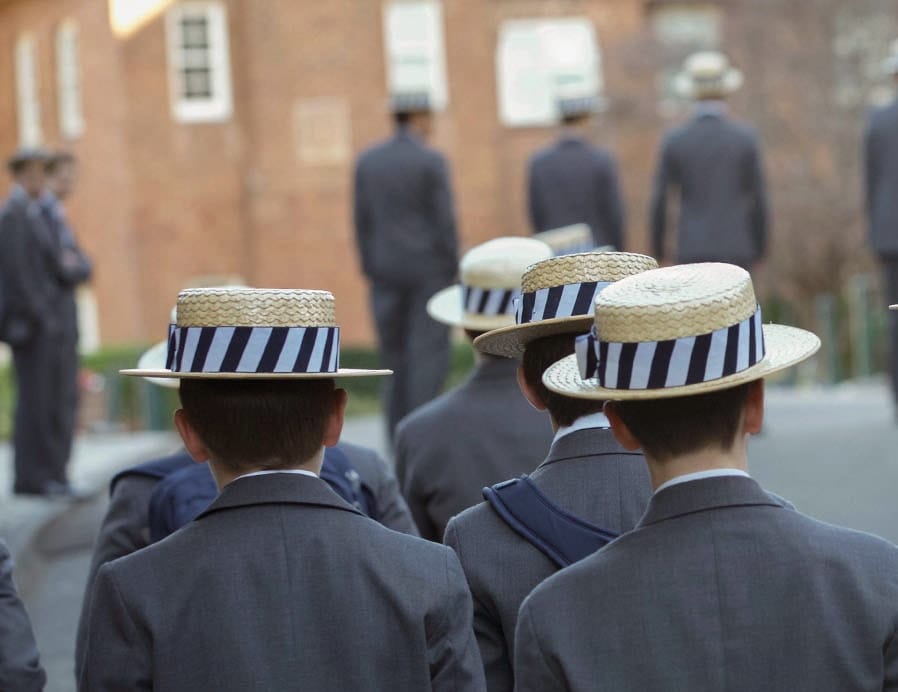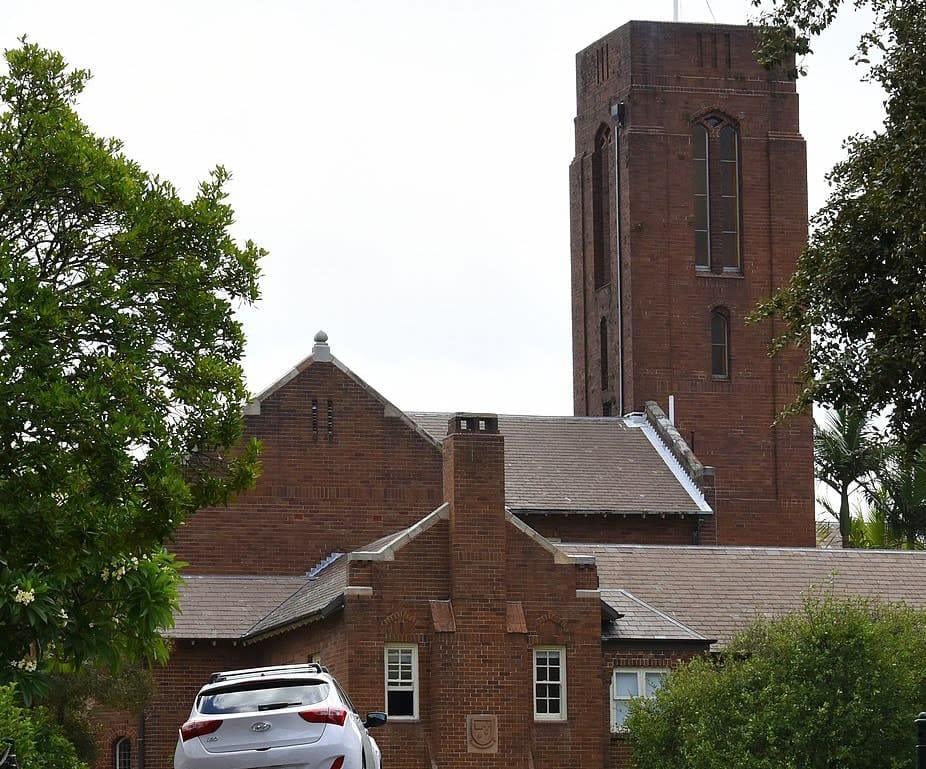
Amid the hand-wringing and growing community horror at the recent muck-up day "scavenger hunt" at Shore School, and subsequent iterations at other elite private schools, we should not lose sight of the role of elite private schools in cultivating the fertile grounds of elite misbehaviour.
The media, which plays a critical role in its representations of education, has already been uneven in regards to their responses to the criminal intent – and subsequent alleged conduct – of these student transgressions. We have seen the schools involved, and their advocates, distancing themselves from the "minority" of students, which at the same time some might claim “should be forgiven for wanting to blow off some steam”.
End-of-Year-12 muck-up day "fun": "spit on a homeless man", "kiss an Asian chick”, "have sex with a woman who weighs over 80kg or one who is 3/10 or lower”
The attitudes displayed here are depraved.https://t.co/Zkj24g5oGl— Susan Carland (@SusanCarland) 23 September, 2020
Likewise, parents and alumni have weighed in on mainstream press and social media. Yet, from #ProudShoreMum to the suggestion that the muck-up day is merely the rebelliousness of youth, there are those that would admit that, for Shore at least, there is a problem with the “culture it cultivates inside its gates”.
Yet, the truth lies somewhere beneath the admissions, apologies and baffling defences.
The dystopian “sense of entitlement and sense of impunity” writ large in the muck-up day antics certainly points in the right direction. However, it's not simply a case of students being blinded to their own privilege. The promise of more values education won’t help these schools better prepare their students for life within or beyond their elite educational ghettos. Instead, it's the logics and limits of this ghettoisation that we must really understand.
Second verse, same as the first
My research in elite private schools has led me to believe that elite private schools practise a form of tribalism, and promote an ultra-sociality based on us/them logics, which then can only escape their arbitrary limits. These limits, set in school ‘values’, for instance, cannot define the limits of the privileged, because the excesses of privilege itself are already bound in the business of buying an educational advantage.
By turning education into a prestige commodity, elite private schools have long benefited from the excesses and hyper-partisan attitudes of elite parents and alumni. After all, participating in the elite private school enterprise is about buying into the "me first" game – literally.
However, an elite education is also about gaining access to the elite "tribe", which comes with access to its network and its benefits. Taken together, this inward focus, but also identification with an elite tribe, leads to an altruistic parochialism, which is precisely the tight-knit community that elite private schools hope for, and from which they also subsequently hope to later benefit from in terms of bequests and benevolence.
Yet, the repeated schoolboy infractions also point to its dangers.

The Shore debacle is not a case of a few sociopaths running amok, or even something that really runs "contrary to core values" of these privileged schools, as headmasters might want the parents and wider public to believe. The boundedness and ideological practices of these privileged institutions paradoxically help students understand just who is "us" and just who is "them" in the most profane ways.
Time and time again, this tribalism has shown itself to inevitably lead to a those on the inside coming to understand that the rest of the community really don’t matter, or that those beyond their gates exist for their benefit or their entertainment, or at best, that the non-elite are the "others" that they will come to govern.
This tribalism has consequences for all of us, as elite private school students are more likely those boys and girls that will go on to leading roles in our communities, which will see them making decisions for precisely the "others" that they have long learned to consider as "other".
If we fail to recognise these schools for what they really are, for the values they inevitably muster, then we will never be closer to the solutions that we all need.





